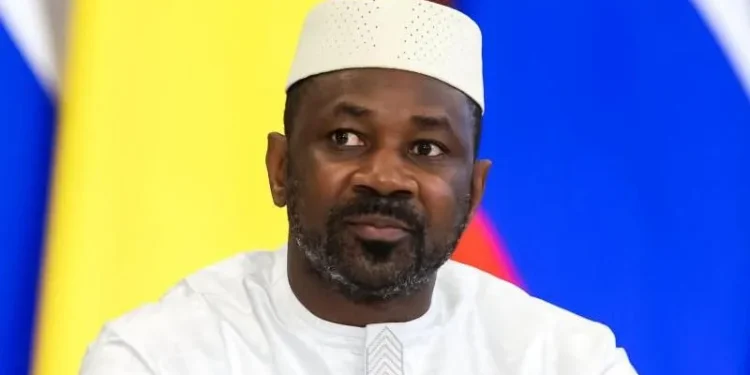Mali’s military-appointed legislative body has granted General Assimi Goïta, the country’s junta leader, a renewable five-year term in office without the need for an election, effectively extending his rule until at least 2030.
This move starkly contradicts the junta’s earlier promise to restore civilian rule by March 2024.
General Goïta seized power in two coups, first in August 2020 and then in May 2021, after huge anti-government protests against the rule of then-President Ibrahim Boubacar Keïta and his handling of the jihadist insurgency.
The bill, passed unanimously by 131 members of the National Transitional Council, allows the transitional president, government, and legislative members to stand in presidential and general elections. However, critics argue that this decision further entrenches military rule and stifles democratic processes.
Malick Diaw, president of the National Transitional Council, hailed the move as “a major step forward in the rebuilding of Mali,” saying it aligns with the popular will.
Despite promises to stabilize the country, attacks by jihadist groups linked to the Islamic State and al-Qaeda have intensified since Goïta took power.
The junta leader has formed an alliance with coup leaders in neighboring Burkina Faso and Niger, pivoting the region towards Russia after cutting ties with former colonial power France.
Mali has also withdrawn from the regional grouping Ecowas over its demands to restore democratic rule.
The extension of Goïta’s term has raised concerns about the future of democracy in Mali, with many fearing the move could lead to the repression of opposition or dissenting opinions.
International observers and regional bodies like ECOWAS are expected to respond, potentially deepening tensions and prompting new calls for sanctions or diplomatic isolation.









